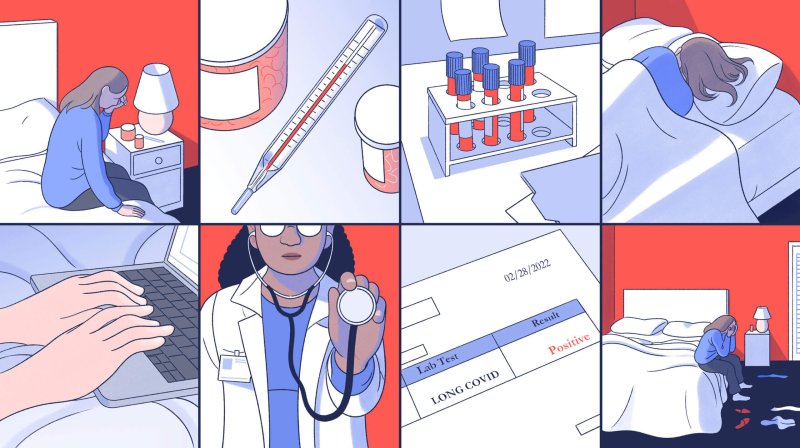Several months into the pandemic, a new aspect of COVID-19 started gaining attention from scientists, journalists, and health-care professionals. Instead of feeling better two weeks after contracting the virus, some people were reporting prolonged, life-disrupting symptoms such as “brain fog” and fatigue. Patients needed to fight for skeptical doctors to take them seriously.
Despite the initial disbelief and remaining questions, the phenomenon behind long COVID isn’t entirely new. We’ve always lived with post-infection illnesses and underappreciated their consequences. A recent article in Nature Medicine lists 15 infectious agents—many of which are well-known viruses, bacteria, and parasites—that can cause these “post-acute infection syndromes.”
…
Bugs that cause post-acute-infection illnesses cost society dearly, both economically and, more importantly, in personal suffering. Vaccines may blunt their harm, but that’s an empirical solution without a mechanistic explanation. The real scientific advance will be to pinpoint the molecular pathology that they share. Have these viruses found a common weakness in our immune armor? Do differences in individual immune responses to these pathogens influence whether delayed symptoms appear months or perhaps years after the acute infection—or not at all? If studies of long COVID can provide some answers, we will have made something good out of this terrible time.































